
Andrey Araya, 23, ended up handcuffed in a patrol car at the beginning of October. The police accused him of having had sexual relations with a girl.
A video taken at the time of his arrest, which denounces the incident, shows him in the back seat of the patrol car, in shorts, evasive, turning his face away from the camera and claiming in a quiet voice that he didn’t know that the girl was a minor.
“He’s going to say that he didn’t know she was a minor? With a twelve-year-old girl, this almost 24-year-old pervert… This is how rapists start!” someone shouts indignantly from outside the car.
Ver esta publicación en Instagram
Araya is now under investigation for the alleged crime of rape of a minor by the Nicoya Prosecutor’s Office. If found guilty, he could serve a sentence of three to six years, according to the Inappropriate Relationships Law approved in 2017 (Law No. 9,406).
According to data that The Voice had access to, the Public Ministry recorded 1,184 complaints in Guanacaste due to sexual relations with minors between 2018 and 2022.
In 2018, a year after the law was passed, complaints due to improper relationships increased by 510% compared to 2016. The initial impact of the law was strong.
Despite the increase in accusations, different sources consulted by The Voice in Guanacaste’s hospitals agree that the crime continues to be common and far off the radar of the authorities.
A year later, complaints in the province gradually decreased and went from 336 in 2018 to 132 in 2022.
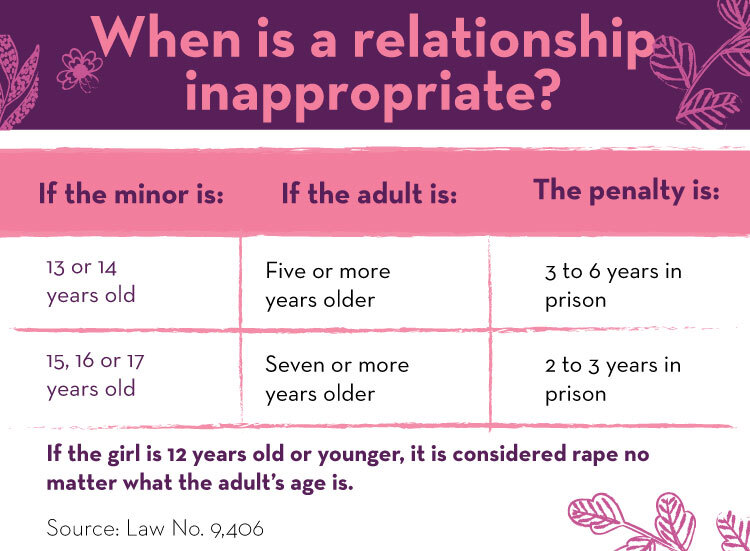
The head of the Technical Secretariat for Gender and Access to Justice, Jeannette Arias, acknowledged that it’s possible that the decrease in complaints doesn’t mean a reduction in the social practice of maintaining inappropriate relationships, but rather shows the existence of under-reporting between the number of sexual crimes that are committed and the number of cases that are reported.
According to Arias, the majority of alerts due to inappropriate relationships come from government institutions, such as the Ministry of Public Education (MEP) and the National Children’s Trust (Spanish acronym: PANI), which are obligated to report cases as soon as they become aware of them. Few complaints come from the victims or their families, Arias believes.
That’s why another reason that could have influenced the decrease in reported cases is how the pandemic forced the educational system to go virtual, which made it difficult for these institutions to identify more cases.
Investigations for this crime are even more difficult [than for other sexual crimes] because the vast majority of these cases are reported by schools, high schools, PANI and health centers. When we call the victim or the victim’s family to testify, they don’t testify and that leaves us with practically no evidence,” Arias explained.
In 2020, former Attorney General Emilia Navas told The Voice that in 2018, she issued a directive to prevent investigations into improper relationships from depending on the victims’ statements.
“I determined that the investigations for improper relationships were being dismissed solely because the victim showed no interest in the process or was going to refrain from making a statement,” Navas commented in the interview.
She made that statement after the Prosecutor’s Office dismissed an investigation against Walter Muñoz, a former candidate for vice mayor of Nicoya who was in a relationship with a minor.
Most Don’t Go to Trial
The investigation against 23-year-old Araya began on October 2 and is in the preparatory stage. This means that the judicial authorities collect evidence and testimonies to decide whether or not to take the case to trial.
The numbers work in Araya’s favor. Judicial data reveal that the majority of investigations related to sexual crimes [which include inappropriate relationships] never reach trial.
In 2019, 75% of the complaints due to sexual crimes in Costa Rica that were filed with the Criminal Court were dismissed or discontinued. According to Arias, the current percentages remain similar to those of previous years.
Last year in Guanacaste, 132 reports of improper relationships were filed in the judicial circuits, but only seven trials were completed that same year. Those trials weren’t necessarily for the complaints filed that same year, but, to Arias, they reflect how slow the system is at resolving these cases.
“The victims don’t perceive themselves as victims and they don’t perceive their partners as aggressors either,” said the head of the gender secretariat.
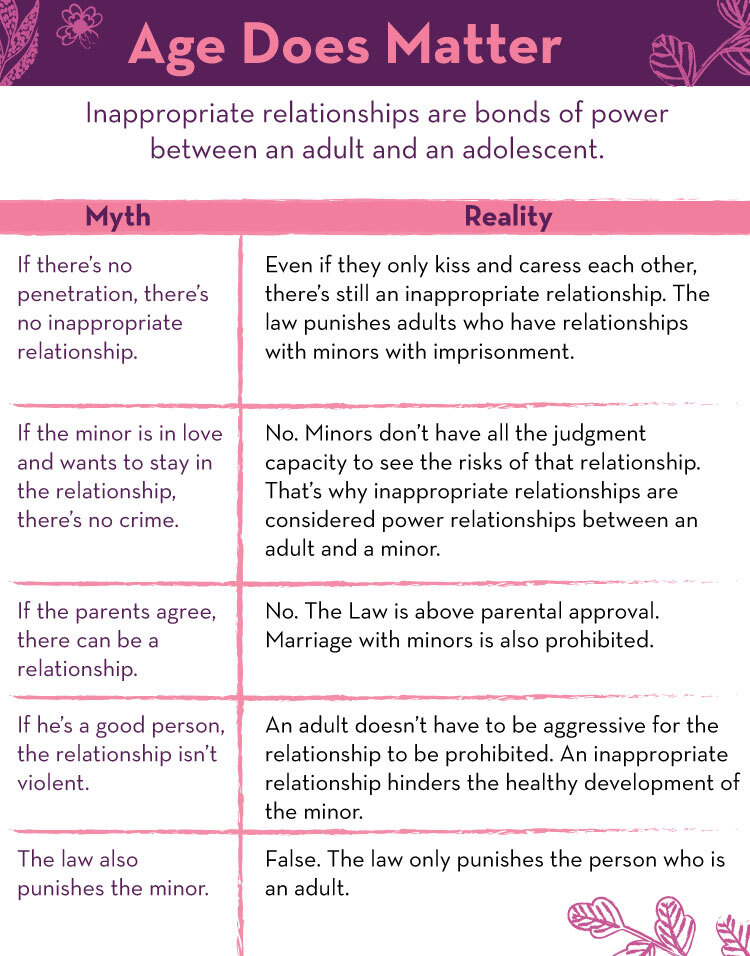
Teenage Pregnancy: An (Imprecise) Measurement of Inappropriate Relationships
Mariel (fictitious name) was 24 weeks pregnant when she went to the office of Dr. María Fernanda Murillo at La Anexión Hospital in Nicoya. She was only 15 years old, but the presence of a teenager wasn’t shocking to the gynecologist, since she sees underage pregnancies every week.
“Adolescents can be 20% or 30% of the people who come for consultations,” Murillo calculated.
Like Mariel, 1,263 women between the ages of 11 and 17 gave birth in Guanacaste between 2018 and 2022, according to an analysis by The Voice using data from the Costa Rican Institute of Statistics and Censuses (Spanish acronym: INEC).
Births that take place in hospitals are just one of the many ways that authorities have to detect this crime when the victims are women.
However, in almost half of births, there’s no information on the identity of the father.
In Mariel’s case, for example, only her mother went with her to the hospital. The gynecologist, Dr. Murillo, wasn’t surprised by that either. “The majority come alone or with their mom, but not with their partner,” she explained.
According to The Voice’s analysis, in 44.7% of the births, the father’s age was not declared. This means that there’s no way to know whether or not the pregnancy is the result of an inappropriate relationship.
Social workers Esmeralda Gómez, at Nicoya’s hospital, and Alba Arguedas, at the Enrique Baltodano Hospital in Liberia, look after between three and four pregnant teenagers per week.
Both point out that, in some cases, the girls or their relatives claim that it was a casual relationship and in other cases, they refuse to reveal their partner’s identity to protect him.
They tell you an age and maybe that man isn’t that age… They protect the offender because they don’t see him as one. They idealize him as a good man,” explained Gómez.
“I’m going to report a teenage pregnancy, but that teenager tells me that he left the country or suddenly tells me ‘you see, I don’t even know his name, I don’t know his first name, I don’t know his last name, I don’t know where he lives,’” Arguedas said as an example.
Menstruation Is Not Synonymous With Being Ready
Murillo recalls that, unfortunately, Mariel’s son died at birth.
“I told the [pregnant girl’s] mom that her daughter was too young to give birth and she replied no, that she had her first child at 15 years old too. They are repeated patterns… She believes that it’s normal for her 15-year-old daughter to get pregnant,” the gynecologist explained.
According to the doctor, any teenage pregnancy is considered high risk for the newborn and for the mom.
[When giving birth,] many have [vaginal] tears. The pelvis of these mothers is not ready, so the baby can’t pass through the birth canal and they’re sentenced to a first Cesarean at a very young age.”
The pediatrician at Nicoya’s hospital, Fabricio Sevilla, also points out another associated risk: It’s common for teenage mothers to suffer from postpartum depression.
“These types of hormones [as a result of pregnancies] predispose women to suffer more depression and more anxiety…. Hormonal changes contribute to [girls and teenagers] having many more psychological, anxiety and depressive problems.”
____________________________________________
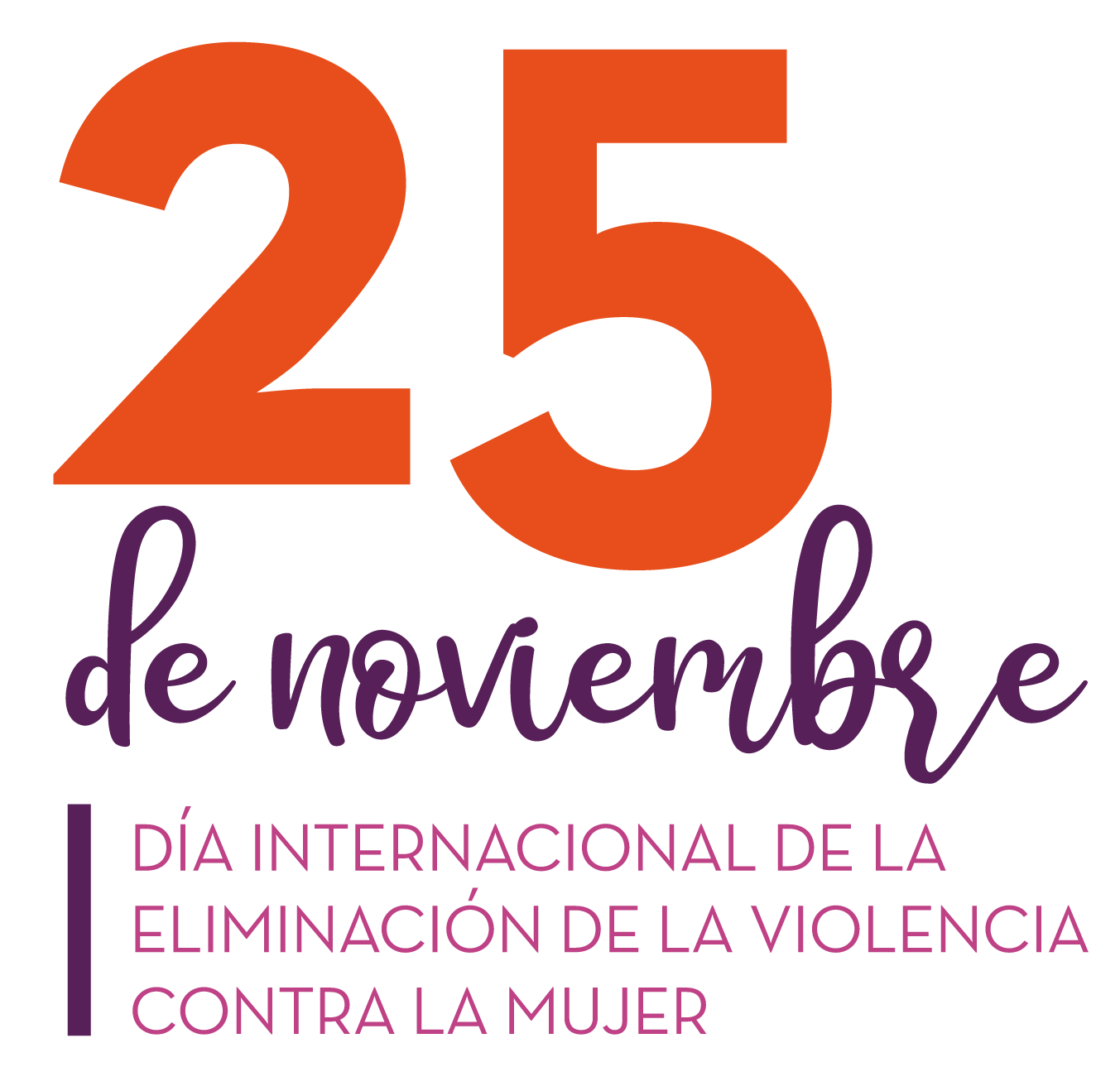
Our 2023 25N special edition is possible thanks to the Canada Fund for Local Initiatives, administered by the Canadian Embassy, which finances small-scale, high-impact projects aimed at empowering vulnerable communities and populations, and promoting human rights for everyone. For more than 50 years, in 120 countries, the Canada Fund has contributed to promoting democracy, supporting the protection of human rights, ensuring security and stability, creating opportunities and equality for children, women and youth, and stimulating sustainable economic growth, including actions in favor of the environment.



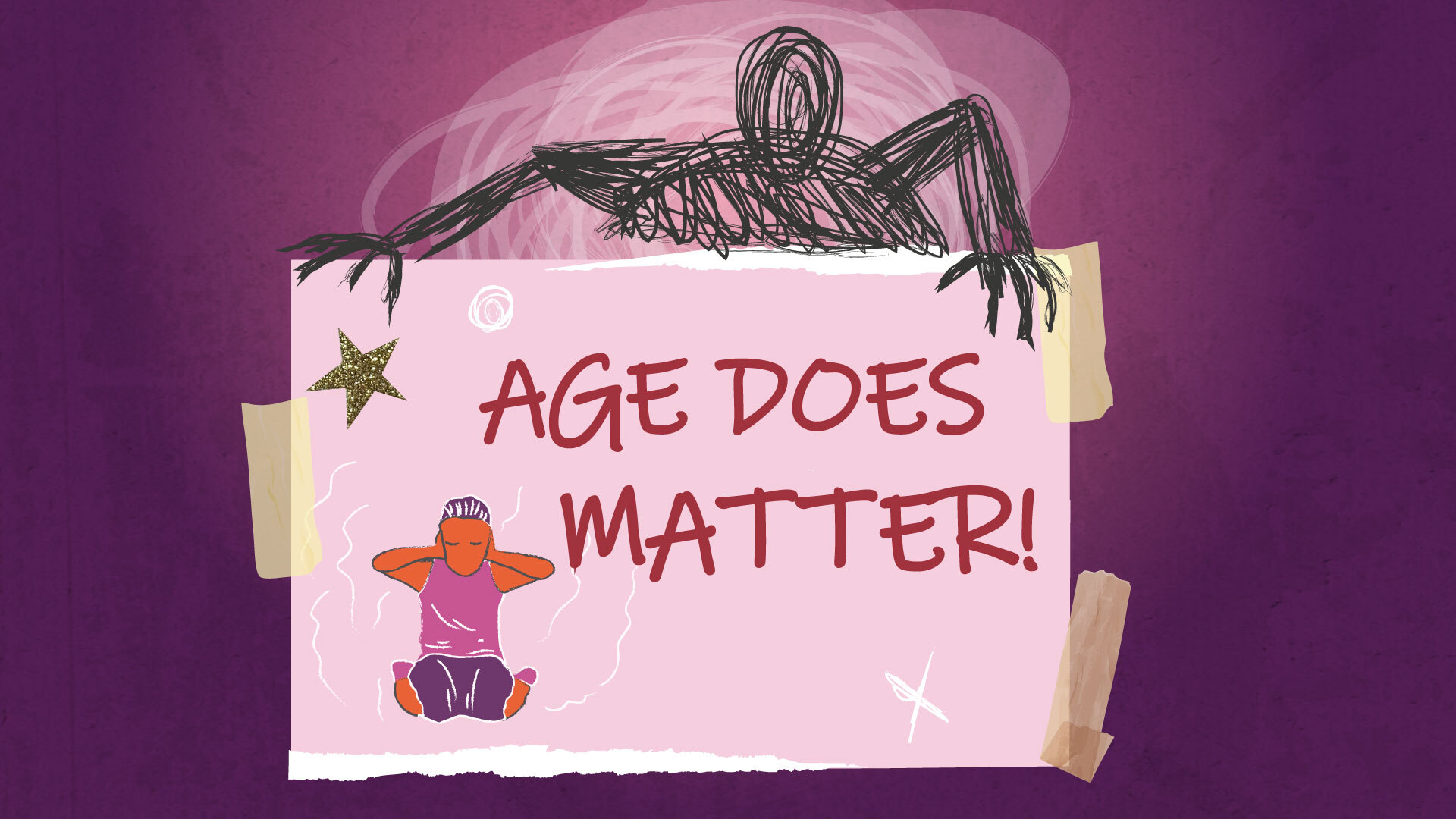
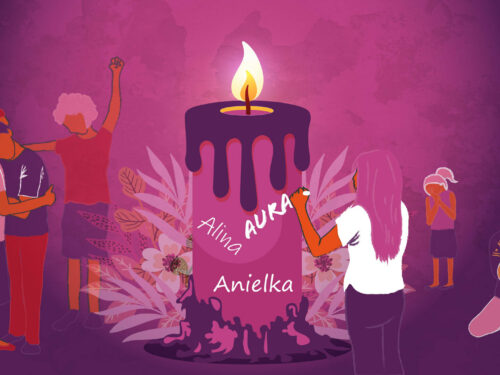
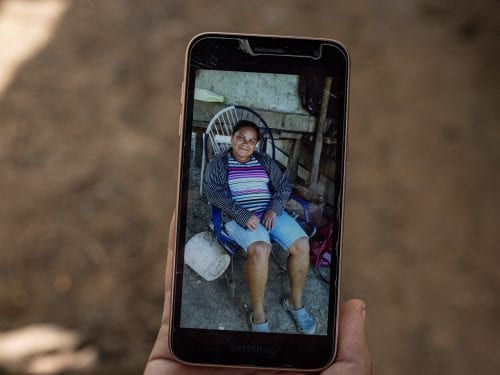
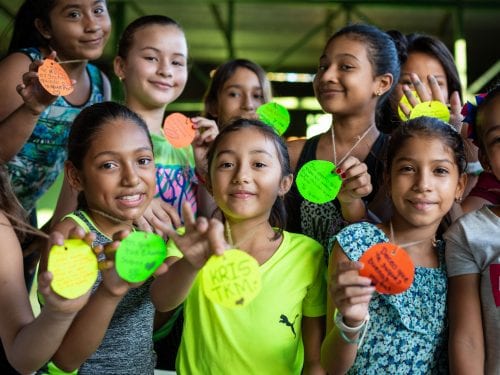

Comments